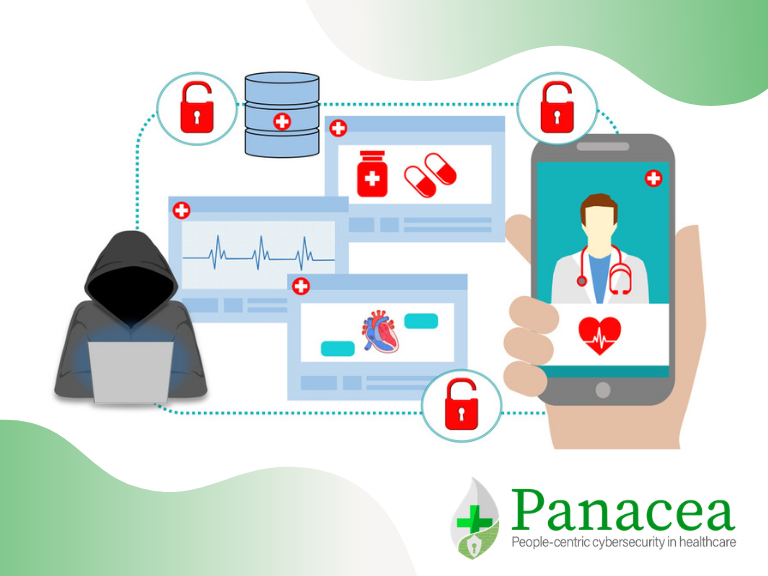The number of cyber-attacks around the world exploded in 2020: exploiting the Covid-19 pandemic as an opportunity for cybercriminals to take advantage of the shift in focus towards smart working and hospital staff transferred to the frontline.
Towards the cyber security paradigm of ehealth: Resilience and design aspects

This paper (2017) examines systematic risk management for cybersecurity.
Abstract: Digital technologies have significantly changed the role of healthcare clients in seeking and receiving medical help, as well as brought up more cooperative policy issues in healthcare cross-border services. Citizens continue to take a more co-creative role in decisions about their own healthcare, and new technologies can enable and facilitate this emergent trend. In this study, healthcare services have been intended as a critical societal sector and therefore healthcare systems are focused on as critical infrastructures that ought to be protected from all types of fears, including cyber security threats and attacks.
Conclusions: Despite continual progress in the systemic risk management of cyber domain, it is clear that anticipation and prevention of all possible types of attack and malfunction are not achievable for current or future cyber infrastructures. This study focuses on the investigation of a cyber security paradigm, adaptive systems and sense of resilience in a healthcare critical information infrastructure.
This paper is of general interest to PANACEA for its early research into the state of the art for cybersecurity in healthcare.
Lookout Watch entry date: 07/08/2019

